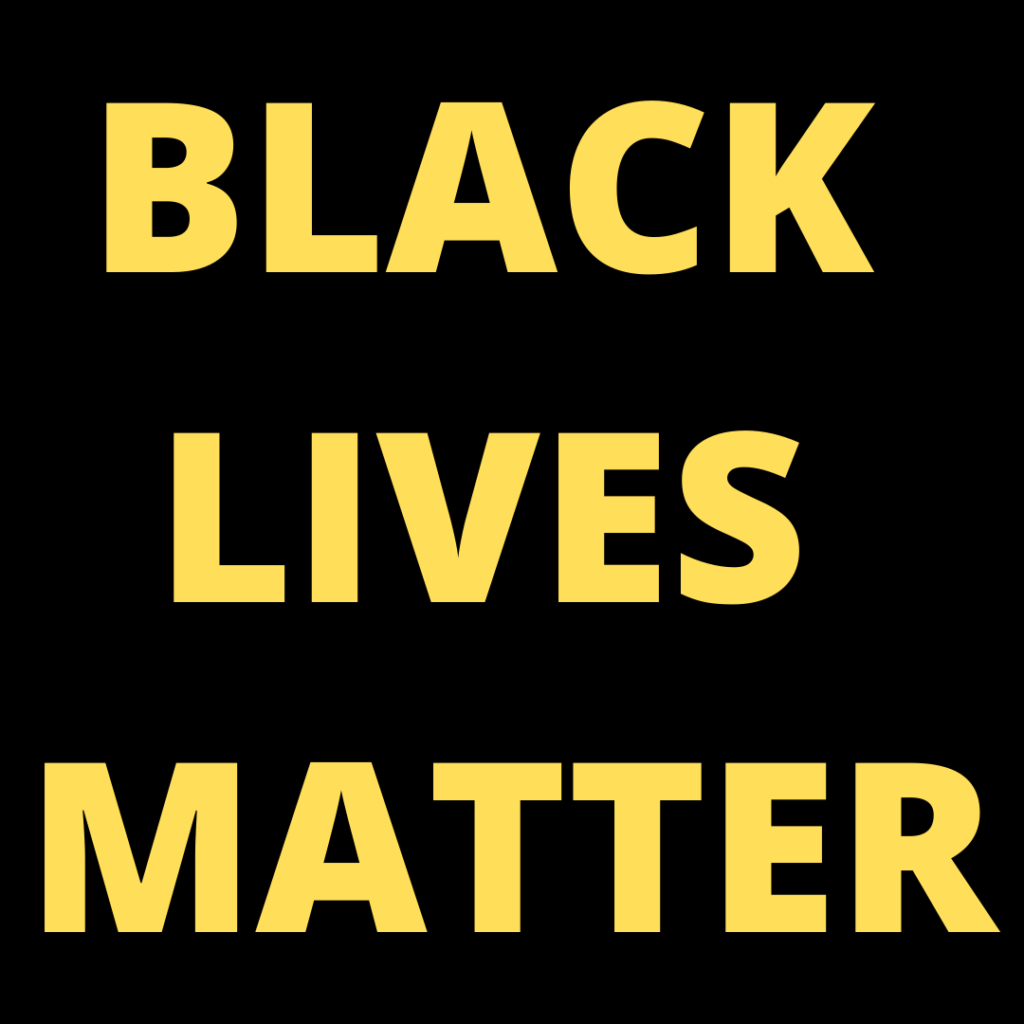Right now, we are in the midst of a major historical moment when it comes to the constant fight against racism. Though it remains to be seen if this moment will keep up its momentum, I am optimistic that it will. Real changes have already started. The Minneapolis city council has pledged to disband its police department. Changes like abolishing the police that many, myself included, would have seen as entirely impossible a few months ago suddenly seem within the realm of possibility.
One thing that feels different about this moment is that I have, for the first time, really seen white and non-Black people take the idea of antiracism seriously. Books like White Fragility and How to be an Antiracist have sold out across the country. At least for now, non-black people seem more committed to learning.
Something I have learned and become more aware of in this moment is how I can contribute to antiracism in my daily life by changing my habits. I can diversify who I follow on social media. I can support Black restaurants and Black businesses. And I can support Black creators and voices.
Which, of course, brings me to Next Time On.
the role of TV
One of the biggest reasons I started this blog was to highlight underrated shows made by minorities, especially women. When a show I recommend is created by minorities, I try to emphasize that. However, I have not made enough effort, both in my life and on this blog, to consciously seek out television shows which amplify Black voices.
If you read this blog, you know that I firmly believe in the power of stories, of television. Stories teach empathy. They offer windows into the lives of others. So, in addition to reading books and learning the history of white supremacy and racism in this country, we should listen to Black voices. I am committed to doing a better job of this and will work to write about more shows telling Black stories. I recognize that I was wrong not to do this before.
One excellent place to start is with Insecure on HBO, which I have written about before. It is beautifully shot and amazingly well-acted. I could not recommend it more. Another is Dear White People on Netflix.
dear white people

Adapted from the movie of the same name and created by Justin Simien, the show follows a group of Black students at a (fictional) Ivy League University. Though the third season falls a bit flat, I thought the first two were really good. It’s stylized and often tongue-in-cheek, with a narrator who explains he was chosen for his “ethnic but non-threatening voice” in the first twenty seconds of the show. Characters are sarcastic, and the show doesn’t take itself too seriously, but it’s incredibly insightful and entertaining. It does a great job tackling the racist hypocrisy of liberal white people at a hyper-privileged university.
It’s not perfect, by any means. Even as the show self-consciously highlights how Joelle, a dark-skinned black woman, gets overshadowed by Sam, the light-skinned biracial main character, the show engages in said overshadowing. Still, it’s funny, it’s exceptionally well-written, and in addition to dealing with racism in powerful ways, it’s also just a show about college kids and their love lives and friendships and rivals.
Black lives matter
In a society that does not take the statement Black Lives Matter seriously, a society where Black people can be killed going for a jog, asleep in a drive-thru, or even at home in their own bed, we have seen that for Black people, living their lives is an act of resistance.
The best way to build empathy is to listen to others’ stories. Maybe, you, like me, are a non-black person living in a very white town or going to a very white university. Maybe right now, you are stuck in your house, and though you can sympathize with the experience of Black Americans, you have the tremendous privilege of feeling like that experience is abstract. But we can make choices to help make it less abstract. We can—and must—engage with stories that highlight Black voices.
Of course, it is not enough to fight racism, but I firmly believe it is a crucial aspect. In addition to saying that Black lives matter, we can live those words by listening to Black stories.
